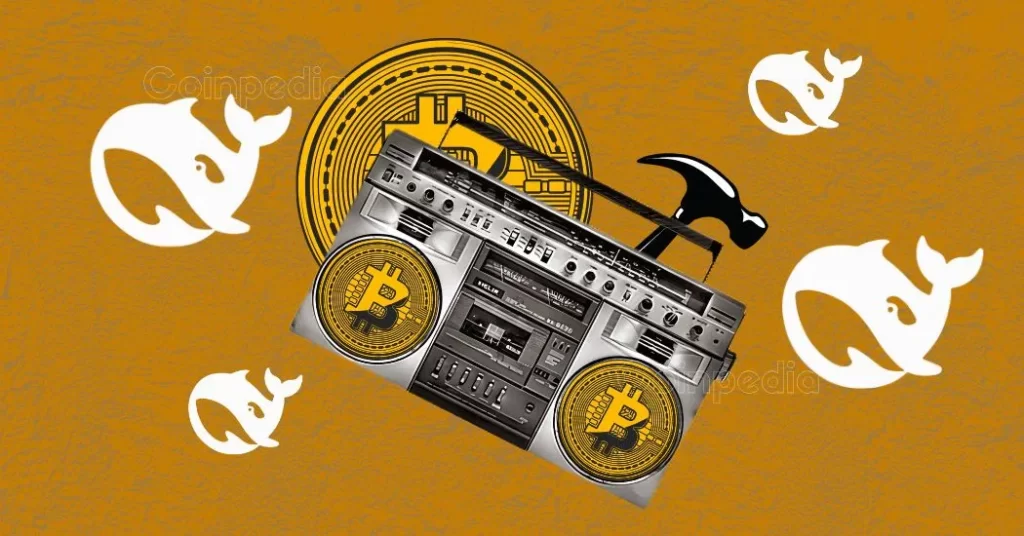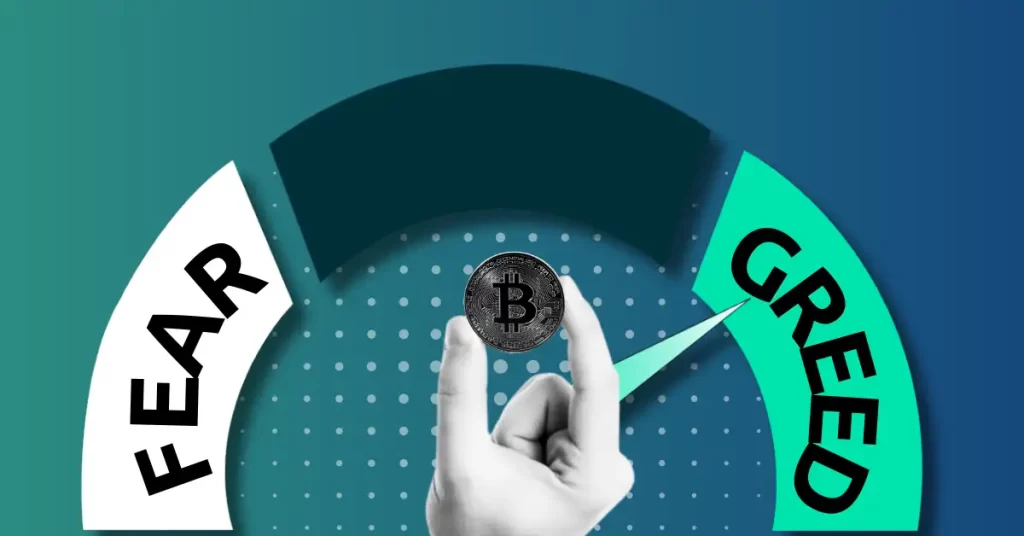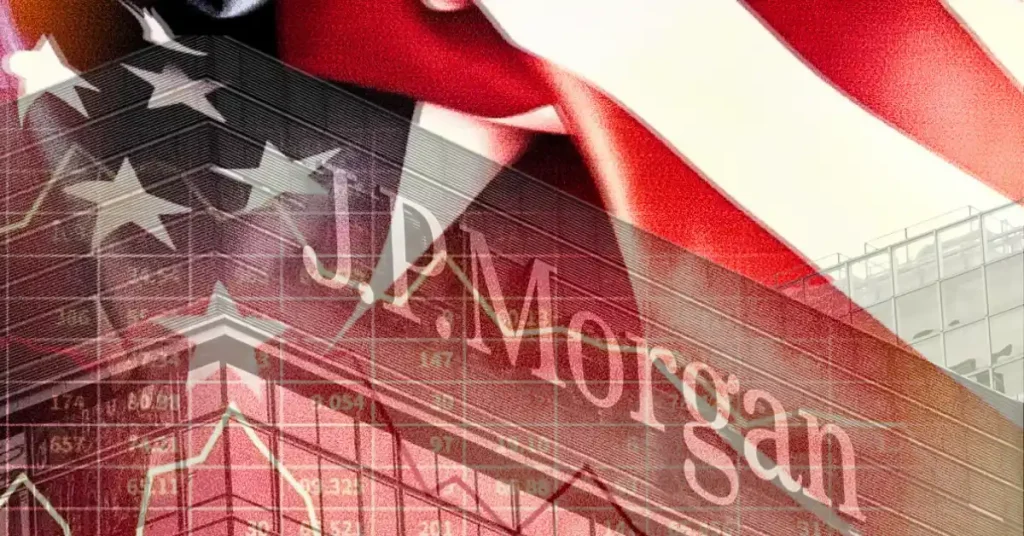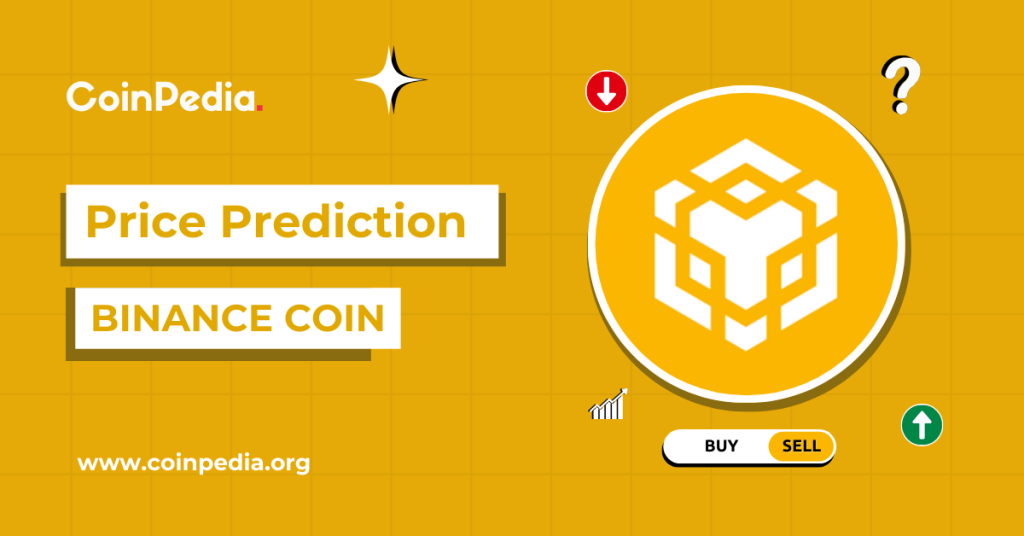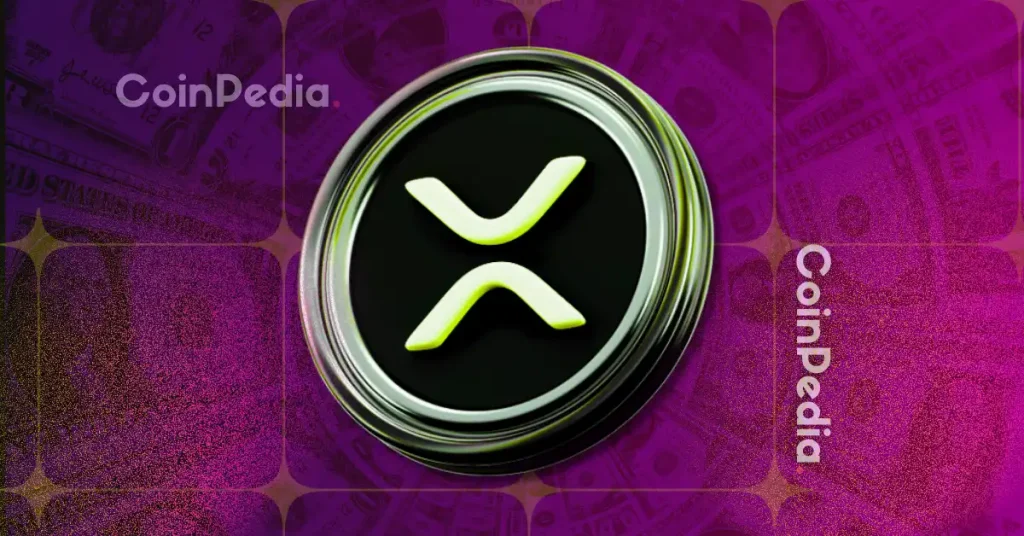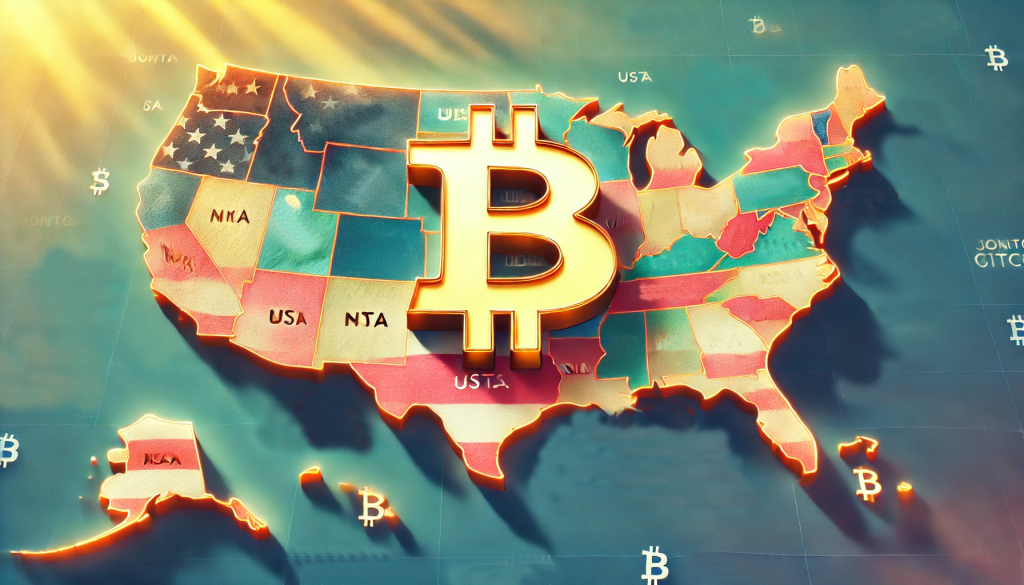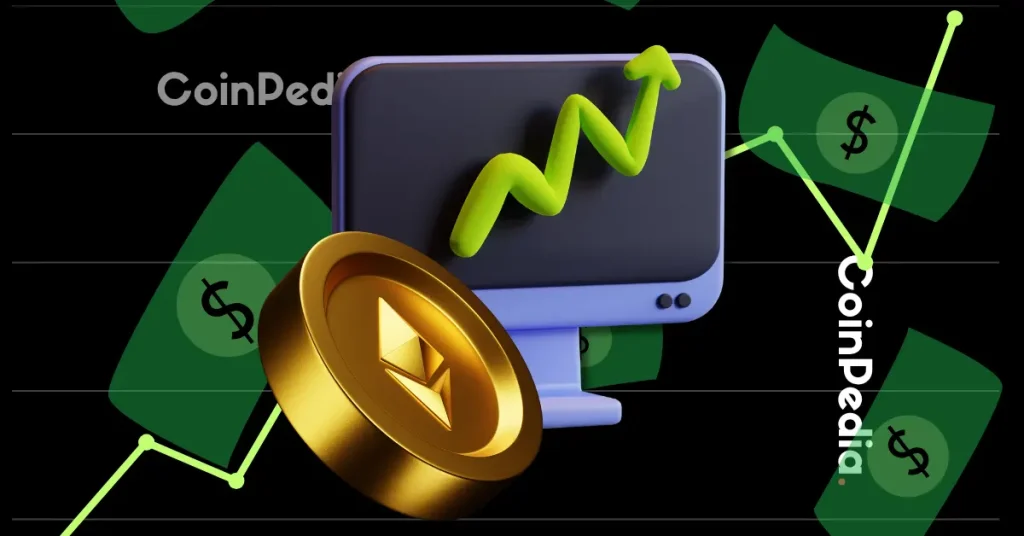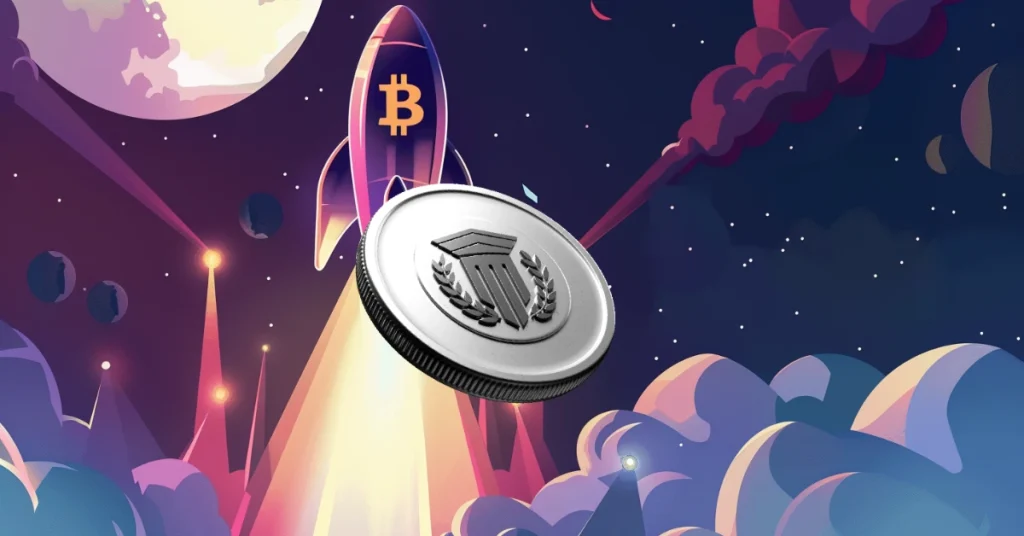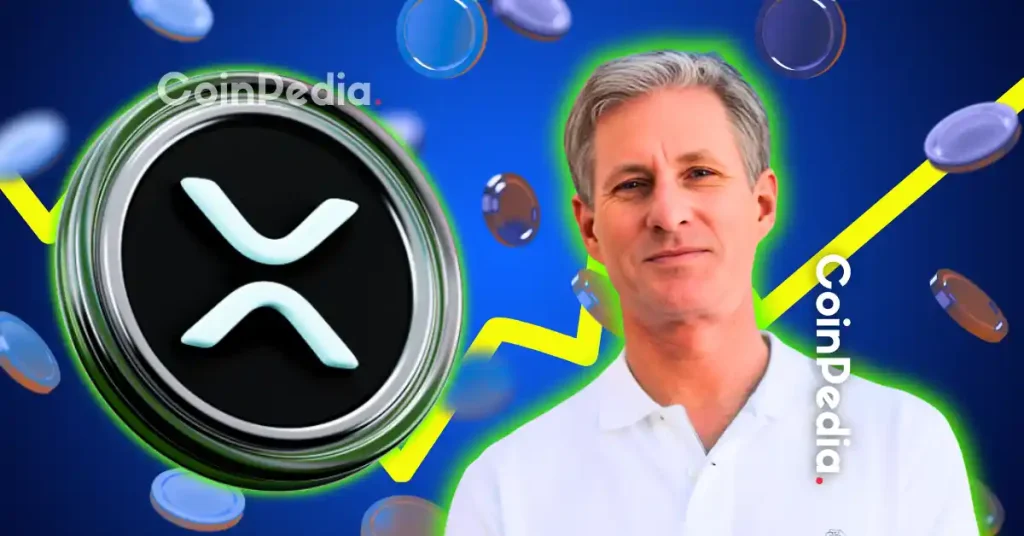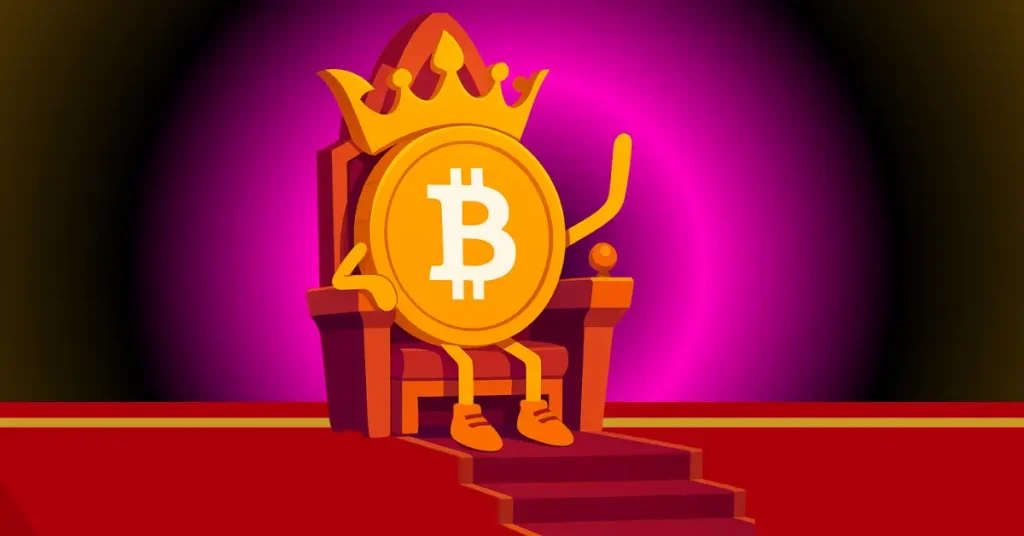

Uniswap Unveils Plans For V4, Invites Community Feedback
The largest decentralized cryptocurrency exchange Uniswap has unveiled plans for Uniswap v4, the next iteration of the hugely popular crypto platform. The exchange has also open-sourced the draft code, enabling the community to build on it. Uniswap v4 Uniswap v4 brings with it several customizable features. Furthermore, for the first time ever, Uniswap Labs, the entity behind the DeFi platform, is inviting community feedback on Uniswap v4 before its eventual public launch. Speaking about the upgrade, lead smart contract engineer at Uniswap Labs, Sara Reynolds, stated that the possibilities are endless and open-sourcing the source code could allow the community to “take it anywhere.” Uniswap noted in a blog post, “We’re thrilled to introduce our vision for Uniswap v4, which we believe will open up a world of possibilities for how liquidity is created and how tokens are traded on-chain. We are releasing the draft code now so that v4 can be built in public, with open feedback and meaningful community contribution.” According to Uniswap, the idea behind incorporating community feedback before the public launch of its latest iteration is to underscore the protocol’s dedication to decentralization. Decentralization is a key difference that separates traditional centralized exchanges (CEX), such as Coinbase and Binance, from decentralized exchanges, such as Uniswap. Both Coinbase and Binance are facing lawsuits filed by the United States Securities and Exchange Commission (SEC). Expanding Its Capabilities Uniswap is widely known for popularizing AMMs (Automated Market Makers), which is a type of smart contract. Automated Market Makers facilitate trades between different cryptocurrencies without requiring any intermediaries. The protocol’s current v3 version debuted in 2021 on the Ethereum blockchain and made waves with the introduction of the above-mentioned Automated Market Makers, along with multiple fee tiers and on-chain price oracles. Currently, Uniswap v3 is the largest decentralized exchange in terms of trading volume and has processed over $1 trillion in transactions since its introduction, according to data from DeFiLlama. The v4 upgrade looks to expand the protocol’s coin-swapping capabilities, introducing a new type of smart contract called “hooks” and custom liquidity pools. Hayden Adams, Uniswap Labs CEO, described hooks as plugins that allow the customization of how pools, swaps, fees, and liquidity provider positions interact. This allows developers to expand on already existing liquidity pools. New Features And Performance Improvements Adams also stated that the new functionalities in v4 could pave the way for added features such as dynamic fees and on-chain limit orders. These features are typically available on traditional platforms but are more difficult to implement on blockchains that do not feature intermediaries or centralized order books. Adams also added that v4 would introduce several performance improvements and fee reductions. Anyone will be able to create pools thanks to Uniswap’s permissionless nature and facilitate the purchase and sale of crypto. Furthermore, the Uniswap Labs CEO added that network gas fees which are required to list new pools, will be reduced by 99% in v4. The protocol is also releasing its plans for Uniswap v4 to the public to gauge their feedback, although Adams stated that it could take several months for v4 to go public. “It’s really here as an initial implementation of this protocol and a vision for what it will be, but it’s not finished. There’s time for people to give feedback, time for people to find improvements and optimizations, time for people to also start preparing to build on top of it.” Moving Towards Increased Decentralization With community feedback, Uniswap is adopting an even more decentralized approach. This comes against the backdrop of stringent regulatory action by US regulators against centralized exchanges such as Binance and Coinbase, both of whom are facing lawsuits. Currently, it remains to be seen how the Securities and Exchange Commission could initiate action against decentralized exchanges such as Uniswap. However, it has clarified that it intends to increase its oversight of the decentralized finance ecosystem. Disclaimer: This article is provided for informational purposes only. It is not offered or intended to be used as legal, tax, investment, financial, or other advice.

